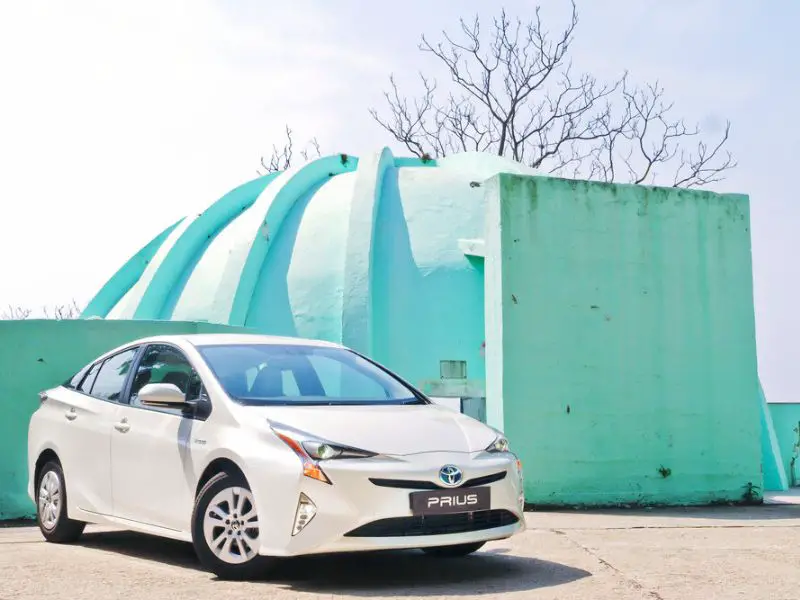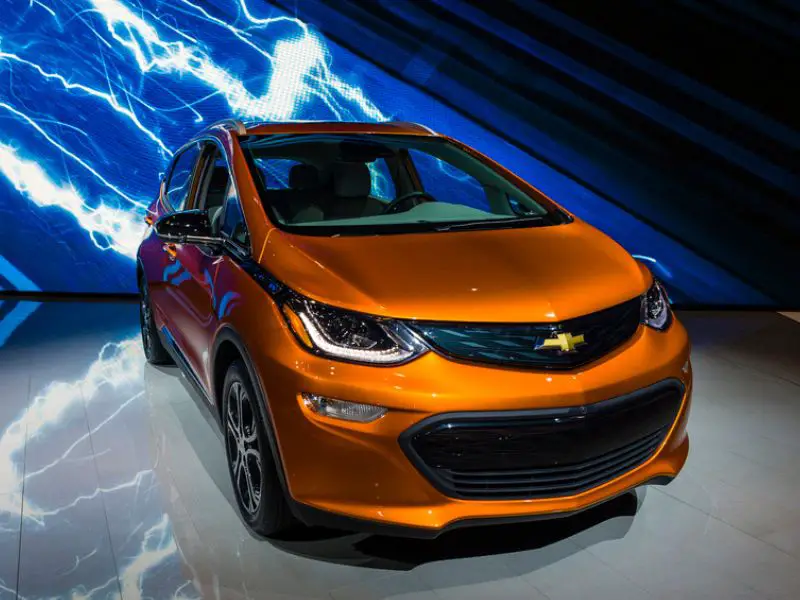In a world rapidly embracing sustainability and eco-consciousness, the future of transportation is being reshaped by the rise of electric vehicles (EVs). With zero emissions, reduced dependence on fossil fuels, and innovative technology, electric cars have become a symbol of the automotive industry’s commitment to a greener tomorrow.
Join us as we delve into the world of electric vehicles and take a closer look at the top electric car brands driving this transformative shift. From pioneering industry leaders to innovative newcomers, we’ll explore the cutting-edge features, impressive performance, and environmental advantages offered by these electrifying automobiles. Buckle up and let’s navigate through the exciting landscape of the future of transportation!
Top Electric Car Brands
1. Tesla
Tesla is a company that is heavily focused on sustainability and efficiency. Tesla’s Model 3 features regenerative braking and autopilot systems, allowing the car to save energy without having to stop and manually save power.
Tesla’s technology has helped the company develop the most efficient electric vehicle on the market. With ongoing research and development, Tesla will continue innovating in the automotive sector.
Some of their production processes are also relatively eco-friendly, like the Nevada Gigafactory, planned to be entirely covered by solar panels once it is finished.

2. Toyota
Many car manufacturers are investing in sustainable cars and brands. However, Toyota has stood out as the leader in making and selling eco-friendly vehicles. Their Prius, a hybrid electric vehicle, was the best-selling hybrid car in the United States between 2000 and 2016. The Prius has become so popular that it inspired other car makers to create similar hybrid vehicles. However, the Prius remains Toyota’s premier sustainable car brand, the only hybrid with a proven record of success.
The Toyota hybrid system can run on petrol or electricity, depending on how far you are going and which source is cheaper. This hybrid system means you don’t have to fill up with petrol as often, as the car can run purely on electricity for short distances. Fuel consumption has been reduced by 50% compared to the previous model, and CO2 emissions have decreased by 65% compared to the previous model.

3. Nissan
In addition to upgrading its technology, Nissan will also localize production and sourcing to make EVs more economical. Nissan will extend its unique EV Hub model, EV36Zero, introduced in the United Kingdom to essential markets like Japan, China, and the United States. EV36Zero is a fully integrated manufacturing and service ecosystem that aims to achieve carbon neutrality by combining mobility and energy management.
Nissan is a leading brand of eco-friendly cars that are known for their modern design and user-friendly technology. These cars emit less carbon and contain fewer toxic chemicals than older cars. These cars are very efficient while providing a comfortable and safe driving experience.

4. Chevrolet
In 2016, Chevy hit the headlines by releasing the first all-electric Bolt EV. Since then, as Siemens writes, the commitment to an electric future has only grown.
General Motors’ (GM) 2016 Chevrolet Bolt EV has been a hit since its release. The car has a range of up to 238 miles per charge, and Chevy believes it is one of the most economical electric vehicles on the market.
While Chevy plans to invest $500 million in electric-vehicle development, GM has stated that it aims for 20 electrified models by 2023.

5. Audi
Despite the global scarcity of semiconductors, Audi continues to set a rapid pace toward the future of sustainable premium mobility. Over the past year, they have seen 57.5 percent growth in deliveries of entirely electric vehicles.
By 2025, Audi intends to have more than 20 models in its lineup powered entirely by electric motors. The company has announced that beginning in 2026. It would only release new, totally electric cars. Audi’s unveiling of the Audi e-Tron GT 1 and Audi RS e-Tron GT 2 at the beginning of the year set a high bar and a strong example.

6. Hyundai
Hyundai aims ambitiously to sell 560,000 EVs annually by 2025. The business will launch over thirteen Battery Electronic Vehicle (BEV) types, including E-GMP-based BEVs. Hyundai’s goal is to capture 8–10% of the global EV market by 2040, consolidating its position as the industry leader.
Hyundai unveiled an updated road map and EV plan that it intends to accomplish during the next eight years. By 2025, they plan to manufacture electric cars only.

7. Mazda
Mazda is one company that has been working hard to make its cars less harmful to the environment. They now offer a lineup of hybrid and electric models, making it easier for you to choose a less harmful vehicle to the environment.
Mazda’s first electric car, the MX-30, has innovative e-Skyactiv X technology, quick charging, and a lithium-ion battery with an eight-year guarantee. On top of everything else, it boasts an estimated 100-mile range on a single charge.
Tips for Choosing a Green Vehicle
The transport sector is many countries’ largest source of greenhouse gas emissions. The biggest reason is the conventional car, as vehicles account for over half of the emissions from the transportation sector. This makes driving the right car more important than ever.
Driving an eco-friendly vehicle is an excellent way to improve our collective health and have a cleaner environment. A green car releases less harmful chemicals into the air, emitting low-carbon compounds when running.
Here are some tips for choosing a green vehicle:
1. Look for the Fuel Economy and Environmental Label
Fuel economy is the most important factor in choosing a vehicle, as it will help save the most money on gas. One method to calculate the energy efficiency of a vehicle is to look at the fuel economy, which measures how far the car can travel on a gallon of gas. A more fuel-efficient car will save money in the long run, requiring less gas and fewer trips to the pump.
Another essential factor to consider is the vehicle’s environmental impact. A vehicle’s environmental impact is measured by looking at the emissions of the car, which include carbon dioxide and carbon monoxide. Knowing the environmental impact of a car is essential when choosing one, as it can help cut down the amount of pollution being released into the air.
2. Check for a SmartWay Vehicle
The SmartWay program allows companies to be recognized by the Environmental Protection Agency (EPA) and the US Department of Transportation (DOT) for taking steps to reduce the environmental impact of freight transportation. The program helps companies measure their carbon emissions and adopt sustainable business practices. It means cars with this certification emit less smog and fewer greenhouse gases.
Recognizing by the EPA and DOT helps businesses attract customers by showcasing their commitment to sustainability. It also shows that the company cares about the environment, which opens the door to greater future opportunities for growth and success.
3. Consider Your Fuel Options
With so many fuel alternatives for eco-friendly vehicles, it’s critical to consider what will work best for you and your lifestyle. A hybrid, while not as clean as an electric car, is a solid start toward greener mobility if don’t have access to clean electricity or battery charging infrastructure. Consider what fuel is most readily available to you and base your clean vehicle selections on that.
There are various factors to consider when choosing a green vehicle. It’s important to consider fuel economy and the environment when choosing a new car, as it will help save you some cash in the long term. Make sure to consider the fuel options available in your area and choose a vehicle that meets your needs.
Related: How Green and Easy Is It to Maintain Electric Cars, Car Buying Tips for Electric Vehicles

